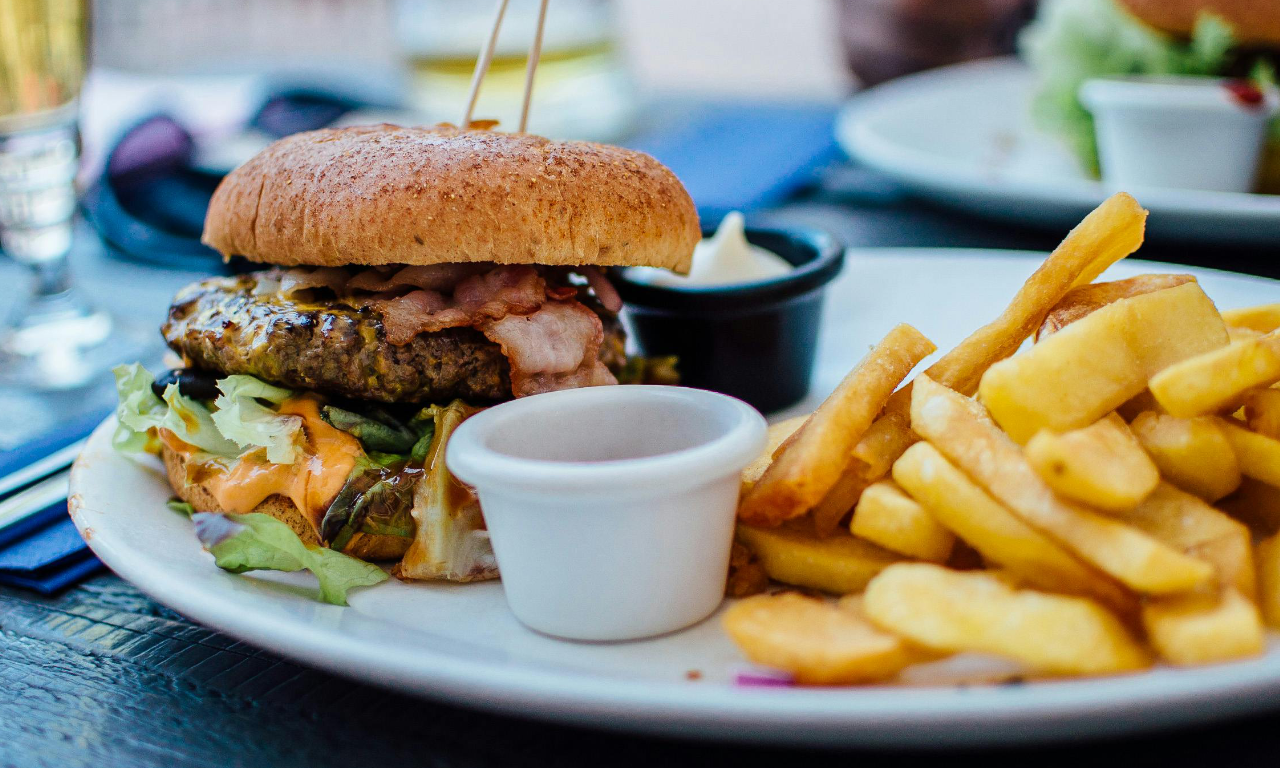Go deeper - join us!
Major food companies are coming under fire for allegedly misleading the public, with lawsuits addressing issues ranging from the appearance of products to the actual ingredients represented therein. Whether or not the pertinent litigation ultimately bears fruit, anyone working in food advertising should take note of what, exactly, has invoked the ire of American consumers.
The two primary facets of this uprising appear to involve food appearance and the makeup of products, and both look like they have steady–if ephemeral–footing in court.
The first issue, appearance, is mostly rooted in a dissatisfaction that Americans have been expressing for seemingly forever, and represents the disparity between a food product’s advertising and the reality of the product that arrives.
Fast food restaurants in particular have been subjected to this criticism in the past: Chains like Burger King and McDonalds show optimistic images of their menu items that, often enough, are far more appealing than the resulting product, and while any reasonable person will understand the difference between a retouched image of food and a mass-produced lunch item, one lawsuit argues that this minute difference has evolved into a vast chasm.
As The Hustle reports, that chasm is noted in a $5 million lawsuit regarding Reese’s Peanut Butter Pumpkins, a product that–at least ostensibly–bears a Jack-O-Lantern face on the front. Per the lawsuit, the face in question is not adequately formed, and in many cases, the shapes of the candies themselves are not formed in any recognizable way.
While this may seem like a silly lawsuit at first glance, attorney Anthony Russo points out that “Today, it’s a $2 item — tomorrow it’s your vehicle, the next day it’s your home,” defending the $5 million price tag as a “message” to future advertising efforts.
A similar suit–a class action aimed at Cold Stone Creamery–alleges that the pistachio flavor of ice cream misleads consumers, elucidating that the “pistachio” part of the ice cream contains no actual pistachio products, instead relying on various flavoring and chemical combinations.
Interestingly enough, this particular suit has resulted in what U.S. District Court Judge Gary R. Brown refers to as an “etymological analysis” of food vocabulary, pondering whether a flavor is used as a noun–meaning that the source of the flavor, like pistachio or vanilla, is actually present in the product–or an adjective, merely lending its likeness to the description of the food item.
Regardless of the outcomes of these lawsuits, food advertising is clearly under a microscope; in light of inflation and other economic concerns, Americans are likely to be intensely critical of any food product that doesn’t match its advertising, and while some may argue that common sense should temper some of this resentment, the reality of the matter is that advertisers have an obligation to represent their products accurately and with utter transparency.




